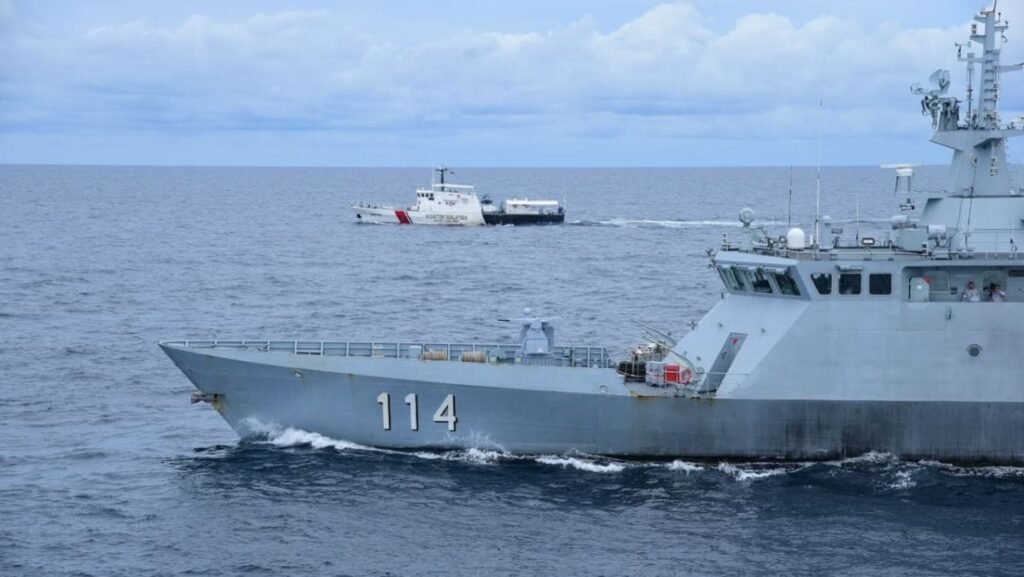Dr. Tharishini Krishnan emphasized the importance of establishing a naval base in Sarawak, highlighting the potential risks of not having adequate naval presence along the coastlines of Sabah and Sarawak. This lack of naval bases could result in poor accessibility and response times during crises, leaving Malaysia vulnerable to external threats. By setting up a base in Sarawak, logistical support from Sabah can be reduced, allowing for better oversight of the coastal areas in the region and preventing external powers from altering the status quo in the area. Dr. Koh pointed out that both the Malaysian navy and coast guard currently lack the necessary equipment for effective EEZ patrols, with aging fleets that need replacing and vessels primarily designed for coastal patrols rather than operations in the open waters of the EEZ.
The proposed Sarawak naval base will serve as home to Malaysia’s new littoral mission ships, which are currently under construction and will be better suited for EEZ missions. However, it will take three to four years before these ships are fully operational. Dr. Koh emphasized the importance of having offshore-capable ships and other maritime domain awareness tools to safeguard Malaysia’s interests in the South China Sea. Depending on asset availability, Malaysia may be able to deploy at least one ship to the EEZ at any given time to signal its resolve against China’s claims in the region. Dr. Ian Storey noted that the new base would strengthen Malaysia’s stance on the South China Sea dispute by allowing the navy to maintain a constant presence in strategic areas while upholding a non-confrontational approach towards Chinese vessels in Malaysia’s EEZ.
Royal Malaysian Navy chief Admiral Zulhelmy Ithnain emphasized that the navy’s primary strategy is to defuse situations through diplomacy, with military assets only used as a last resort. He reiterated Malaysia’s commitment to maintaining a presence in contested areas but avoiding aggressive actions to prevent escalation. Despite criticisms of Malaysia’s perceived leniency towards China, Prime Minister Anwar Ibrahim has stated that Malaysia will continue its oil and gas exploration activities in the EEZ despite Chinese objections. Dr. Storey believes that Malaysia’s approach is aimed at defusing tensions while ensuring that economic ties with China are preserved. Dr. Azmi Hassan supported Malaysia’s decision to continue its oil and gas activities in the region, emphasizing the importance of diplomacy in resolving the territorial dispute based on maritime law.
Dr. Azmi Hassan cautioned against escalating tensions with China and stressed the importance of avoiding physical confrontations that could result in Malaysia being on the losing side. He highlighted the need for dialogue with China based on maritime law to strengthen Malaysia’s position in the dispute. Despite calls for a more tangible response to the dispute from some quarters in Sarawak, Dr. Azmi advised against using the navy to confront China directly, citing the risks of falling into a potential trap similar to the situation in the Philippines. He emphasized the importance of diplomatic solutions rather than resorting to military actions that could escalate the conflict further. Malaysia’s emphasis on diplomacy and maintaining a non-confrontational approach towards China reflects a calculated strategy to safeguard its interests in the South China Sea while avoiding unnecessary provocations.











